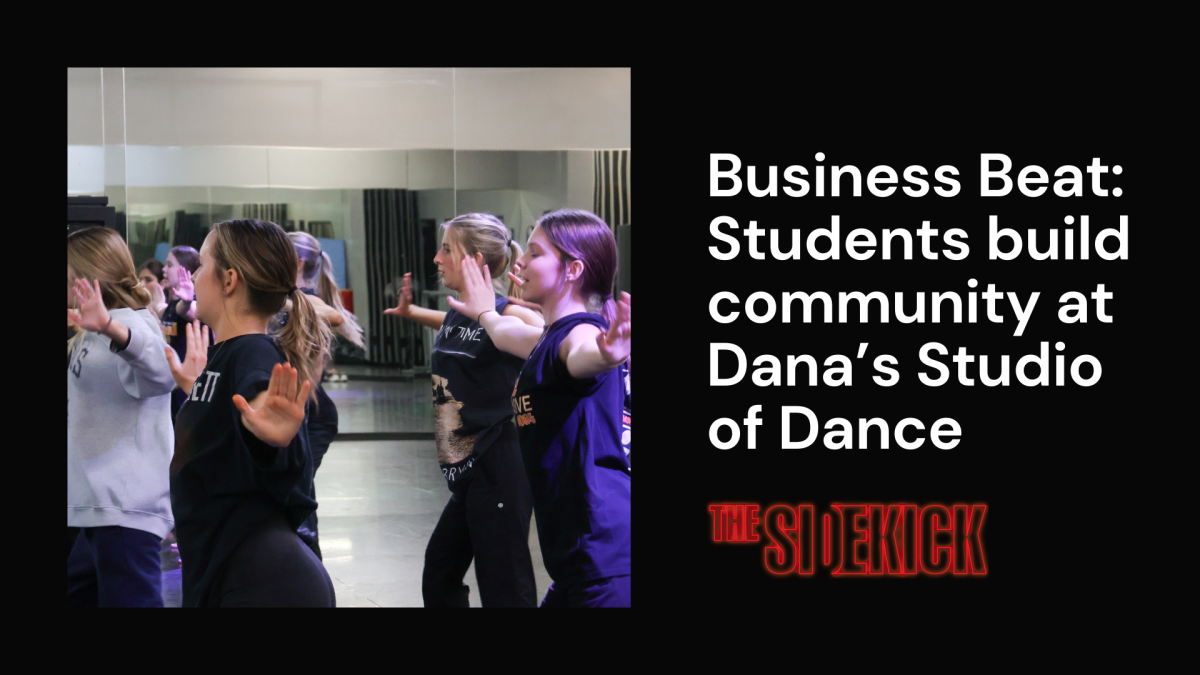Actions require appropriate consequences, regardless of fame
Toeing the line between accountability and canceling
September 1, 2022
With the recent rise of social media usage, the line between celebrity accountability and cancel culture has begun to blur. Staff Cartoonist Maya Palavali explains the appropriate way to address serious situations.
After an hour of working, you decide to take a break. Flopping onto your bed, you begin to scroll through your Instagram feed onto a story of Kylie Jenner’s private jet alongside Travis Scott’s.
“You wanna take yours or mine?”
Laughing, you get back to your desk.
Technology is better than ever, making social media the main source of information for all. However, the exponential rise of its usage has caused problems with the public’s view on celebrities.
Though celebrities have been routinely tone-deaf, situations are more reported on all platforms. When given new information about recent celebrity “gossip,” people tend to react in three ways: joking in an inappropriate manner, trivializing the situation or participating in cancel culture.
In October 2021, former SNL actor Pete Davidson and American socialite Kim Kardashian were rumored to be romantically involved, just eight months after her divorce with controversial rapper Kanye “Ye” West. An otherwise simple situation turned sour when West began publicly posting his opinions about the couple.
West posted regularly on his accounts, specifically Instagram, about his open dislike of the relationship and Davidson as a person. West went as far as to create a video picturing Davidson getting kidnapped and physically harmed, raising concerns for Davidson’s safety.
West has threatened the couple verbally, too. In his posts, West’s derogatory name “Skete Davidson” gained popularity among his fan base. West’s fans flooded Davidson’s posts with hate to a point where he deleted his accounts.
Though West was banned and the couple eventually broke up, his fans still kept the same mentality regarding the relationship. Even worse, people have treated West’s actions as jokes. Memes, such as Twitter user Tervis Scoot’s, have been created and the term “Skete” is now a staple on the TikTok for you page.
West has faced no consequences for his actions with people dismissing his behavior as “a next level of petty” and praising his creative insults. Though it has only been a month, the celebrity gossip cycle has moved on to the next scandal.
In contrast, people have categorized certain celebrities as “canceled.” An example is the highly televised Johnny Depp and Amber Heard trial. When Heard wrote an op-ed detailing her experiences of abuse, fans predicted the offender was Depp and rallied to her support. Then, days later, Depp came out with similar allegations towards Heard.
As the court began to favor Depp, fans flipped to his side. Heard was villainized and received continuous hate with people sending death threats to her home. Online users voiced extreme viewpoints on the problem.
In the rush to put blame onto Heard, fans overlooked Depp’s behavior in the relationship. Depp also engaged in problematic actions, including sending text messages to his lawyer detailing the hypothetical murder of Heard.
The reaction from fans falls onto a spectrum; rather than handling an issue appropriately, people either dismiss or cancel celebrities. Participating in this culture has negative effects on everyone.
According to the National Library of Medicine, social rejection that stems from canceling an individual lights up the same part of the brain as physical pain. Everyone needs to be held accountable, but not to the extent of legitimate suffering.
For teenagers, cancel culture is able to have lasting effects on their cognitive abilities. According to the Newport Academy, individuals that engage in social cancellation lose their empathetic and forgiveness skills.
The regulation of responses to celebrity’s lives is crucial to changing how they are seen. Instead of creating tasteless jokes or shunning them, people need to evaluate how they express their opinions. Every situation will have different circumstances and require different reactions. Doing more research into the topic keeps all participants in the discussion informed and unbiased.
Holding celebrities accountable yields positive results. In her recent song “Heated,” Beyoncé Knowles included derogatory terms about the disabled community. In response to strong fan disapproval, Knowles retracted the word without affecting the song. Appropriate accountability was able to fix the problem easily.
Just as celebrities are not your friends, they are also human. Activities such as impulsivity and making careless mistakes are a part of what everyone does; celebrities are not excluded from what other people face. They do not deserve constant harassment or caricatures for entertainment.
The world is not black and white; people cannot be categorized as “good” or “bad.” Being informed and exercising empathy towards celebrities will help our society become better.
Follow @mvpalovalley and @CHSCampusNews on Twitter










